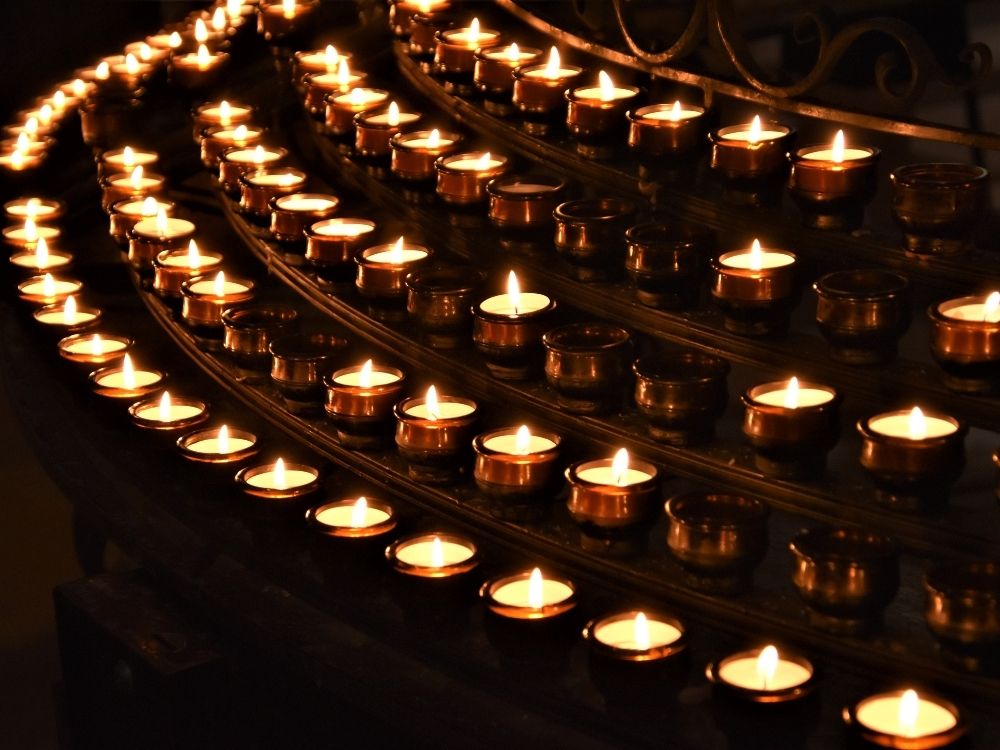Why talk about ritual?
Rituals have a long life in both spiritual and secular worlds. They hold meaning, create rhythm, and can steady us. In early Buddhist lists, though, “rituals” show up in a surprising place: among the fetters—habits that shackle us to suffering (dukkha). That placement nudges a careful question: When does a helpful form become a harmful fixation?
What is a “fetter”?
A fetter is anything—belief, behavior, emotion, or identity—that binds us to repeating cycles of hurt and confusion. In practice terms, fetters are patterns in mind and body that keep awareness tight and kindness thin.
The tricky one: attachment to rites and rituals
The fetter isn’t ritual itself; it’s clinging to ritual—treating outer forms, rules, or ceremonies as the path and the goal. When forms become magic keys (“If I just do it right, I’ll be free”), we swap living practice for rigid performance. Forms can support ethical living, compassion, and wisdom; they just can’t replace them.
How extremes teach a middle way
The Buddha’s own story includes hard-edged experiments—severe fasting, breath-holding, thorn beds—to burn off defilements. The result? More exhaustion than liberation. That honesty matters. It reminds us: means are not ends. Sometimes we go to our own edges before we can feel a wiser middle take shape.
Rights, rites, and the heat of our times
While writing about rites, “rights” kept surfacing: labor rights, human rights, the rights to safety, dignity, fair pay. Collective life often swings to extremes to secure them. The question for practice isn’t whether these struggles matter (they do); it’s how we participate—without fueling hatred or losing our ethical bearings. Rituals and rallies alike can carry our deepest views. Let’s keep checking: are they opening the heart, or tightening it?
How we hold ritual in Reflective Meditation
Our community uses simple forms—arriving, listening, meditating, journaling, conversing—to support gentleness and curiosity. We compare notes, notice preferences, and keep it light. The forms stay flexible so living understanding can lead.
Bringing it home
- Rituals are helpful supports; clinging turns them into fetters.
- Extremes can teach us where kindness and clarity actually grow.
- In a polarized world, keep asking whether your forms (sacred or civic) are widening care.
Ritual of Reflection
Take a moment to sense your own response. There’s no right answer, just what’s true for you.
Daily Online (free, donations welcome):
9:00–10:00 AM PT — short talk, meditation, optional sharing. Join at reflectivemeditation.org/dailyonline.


